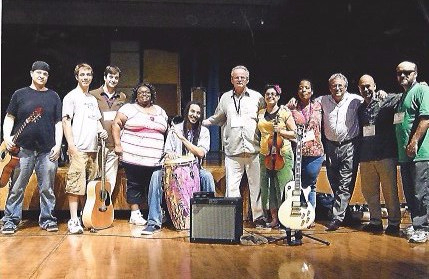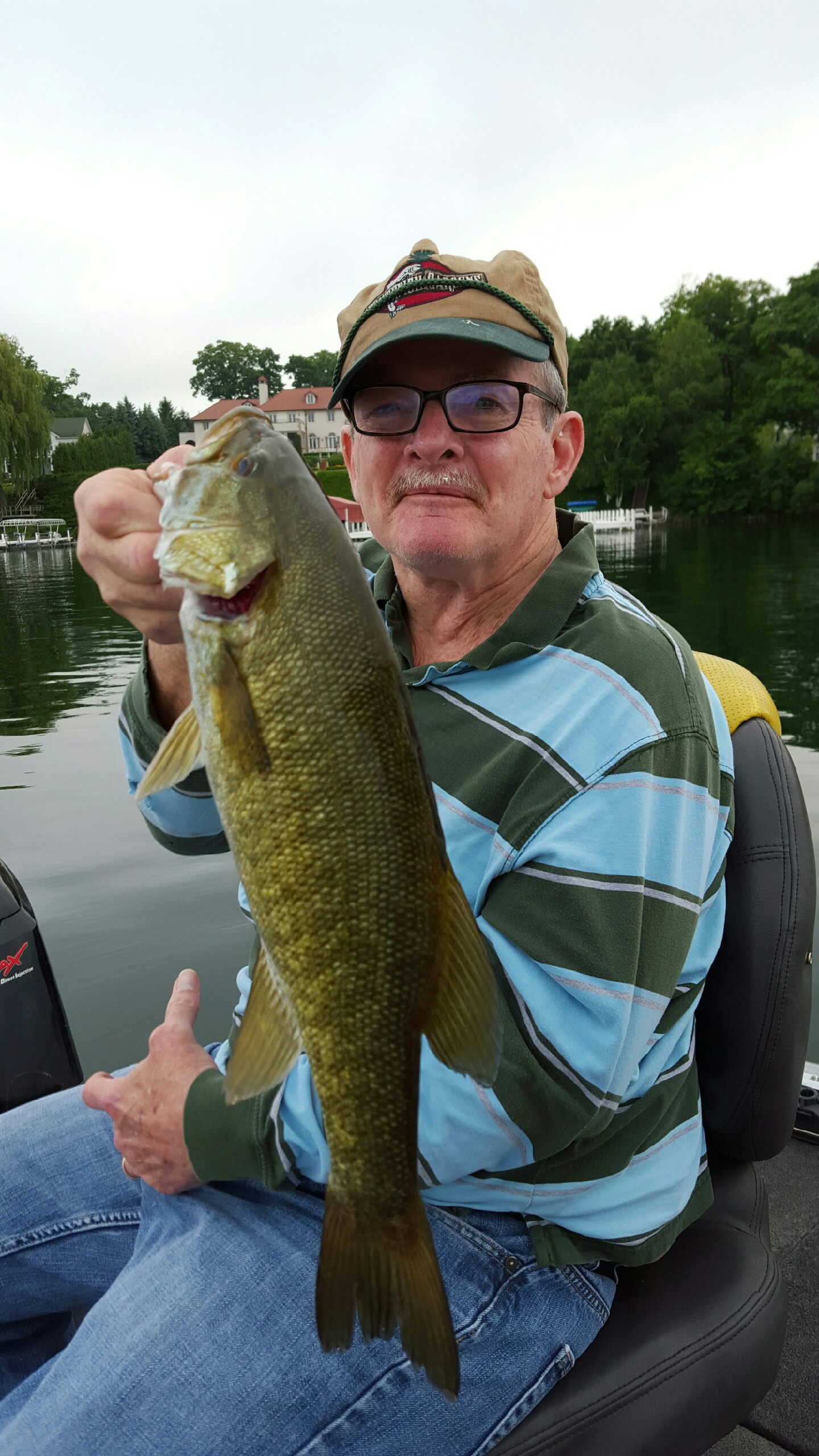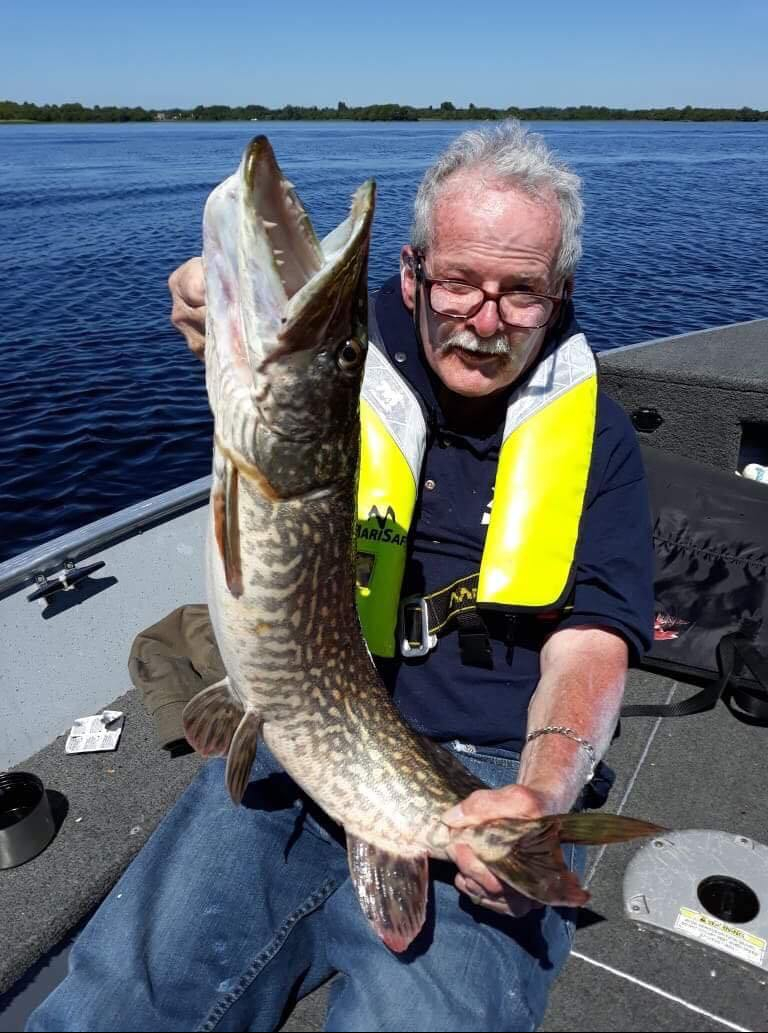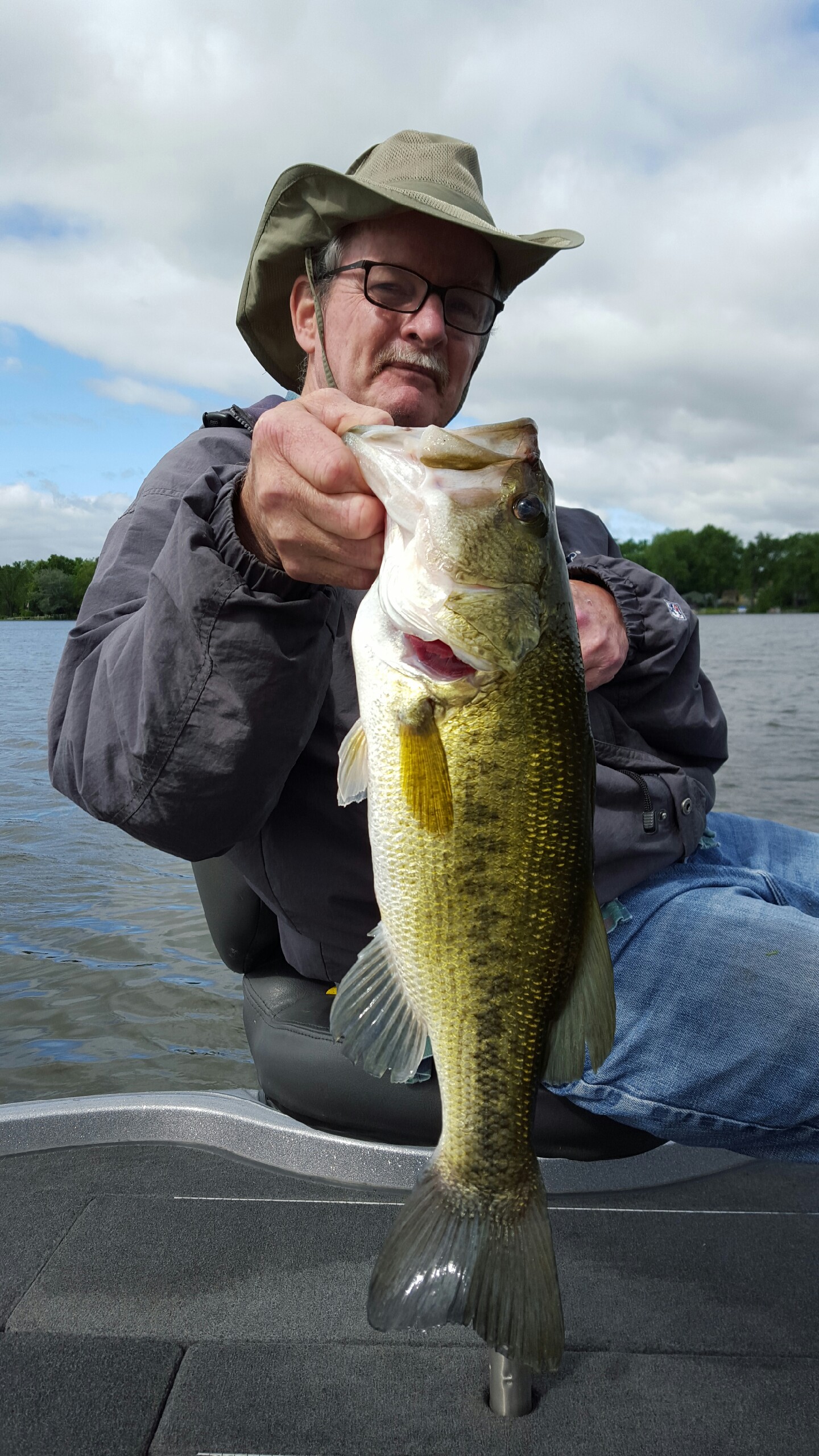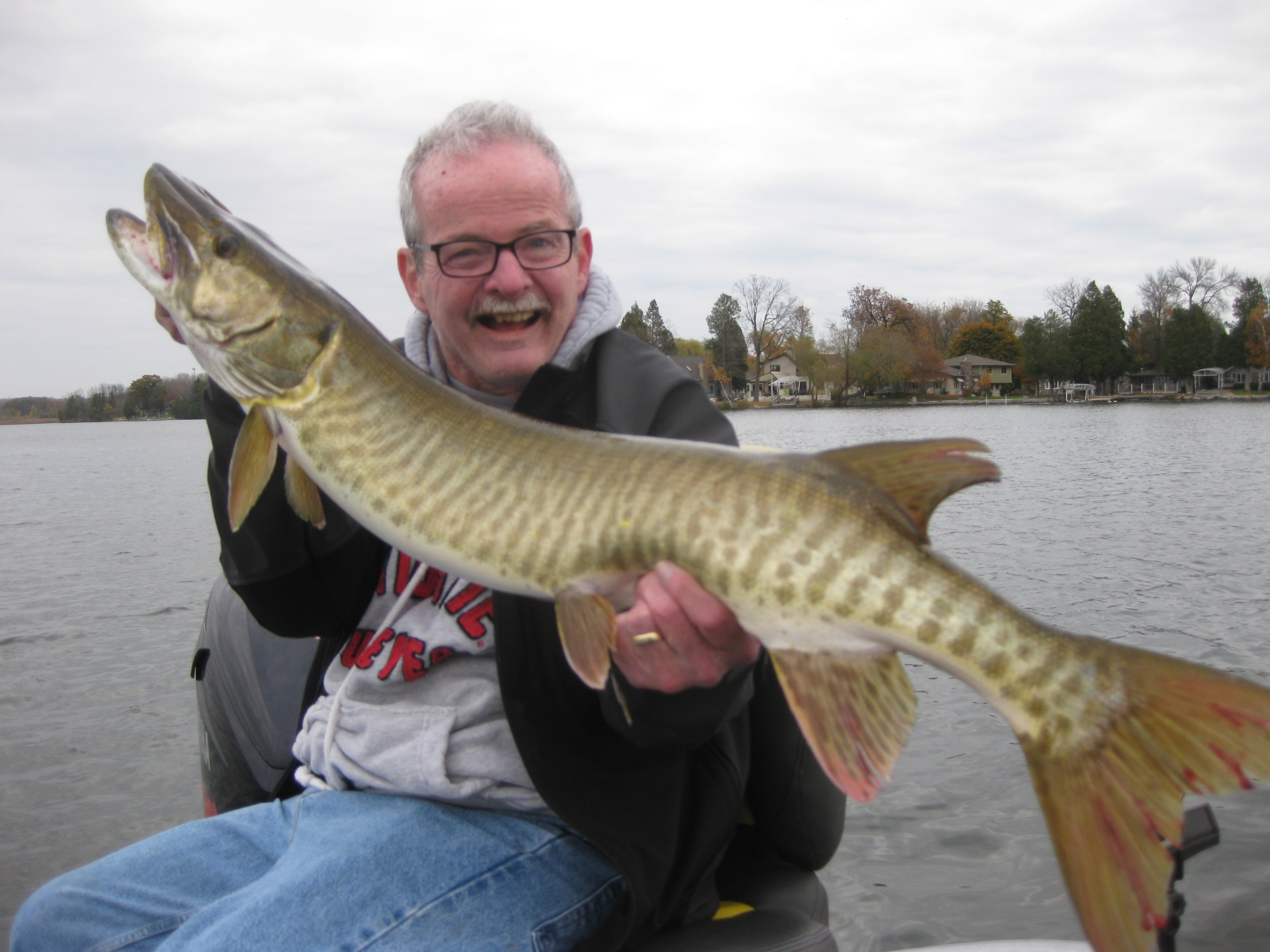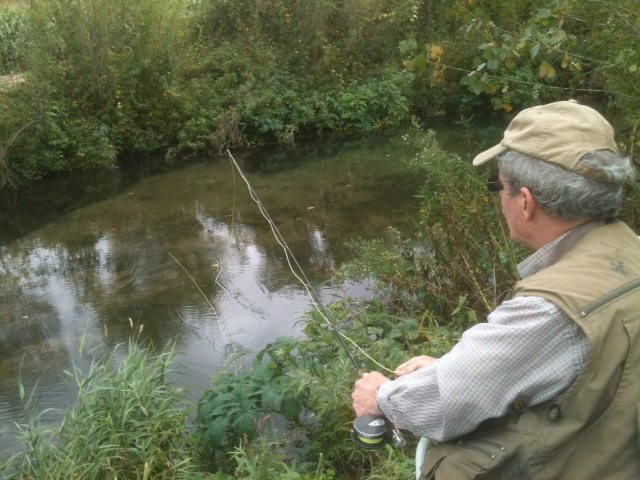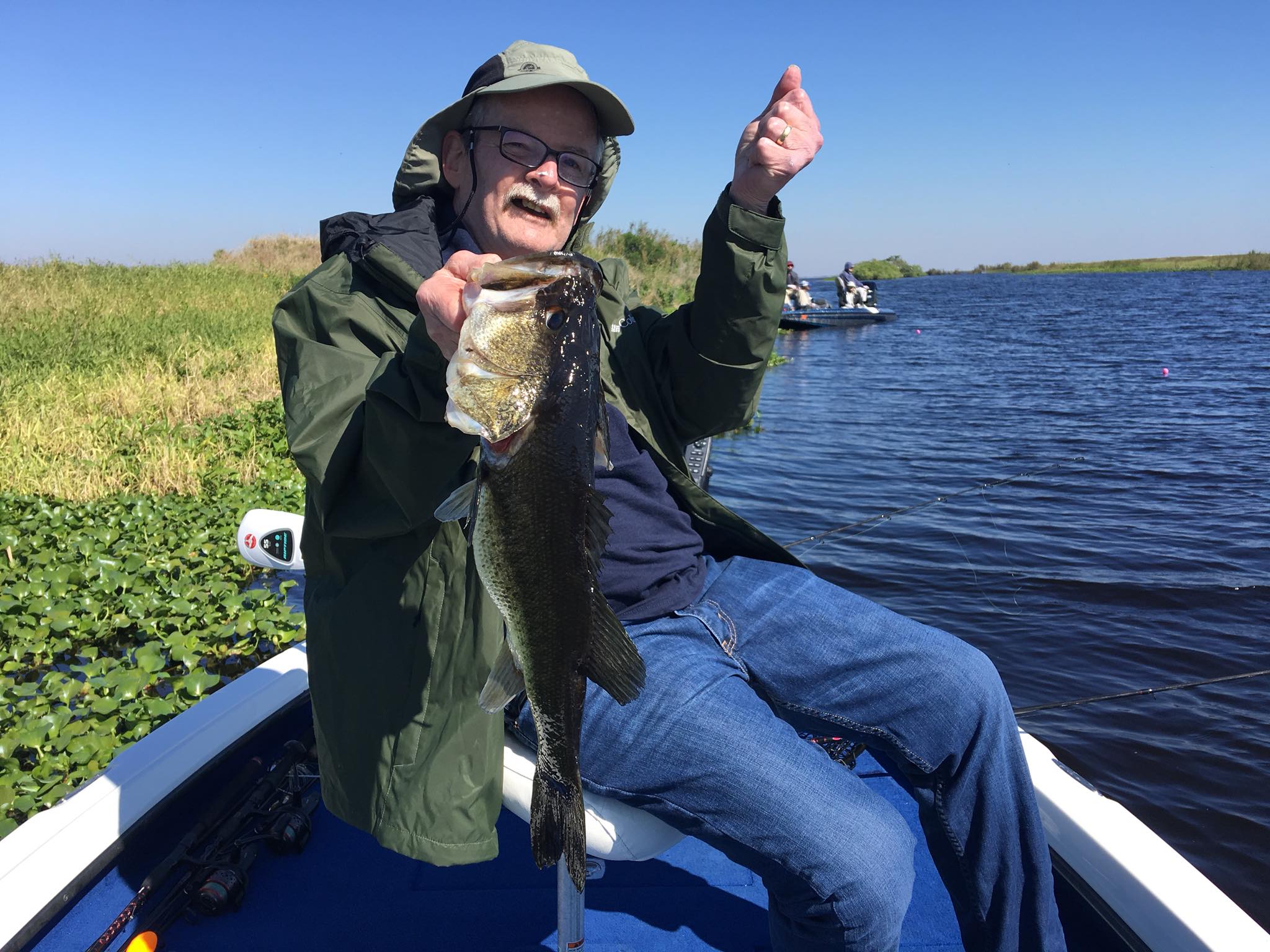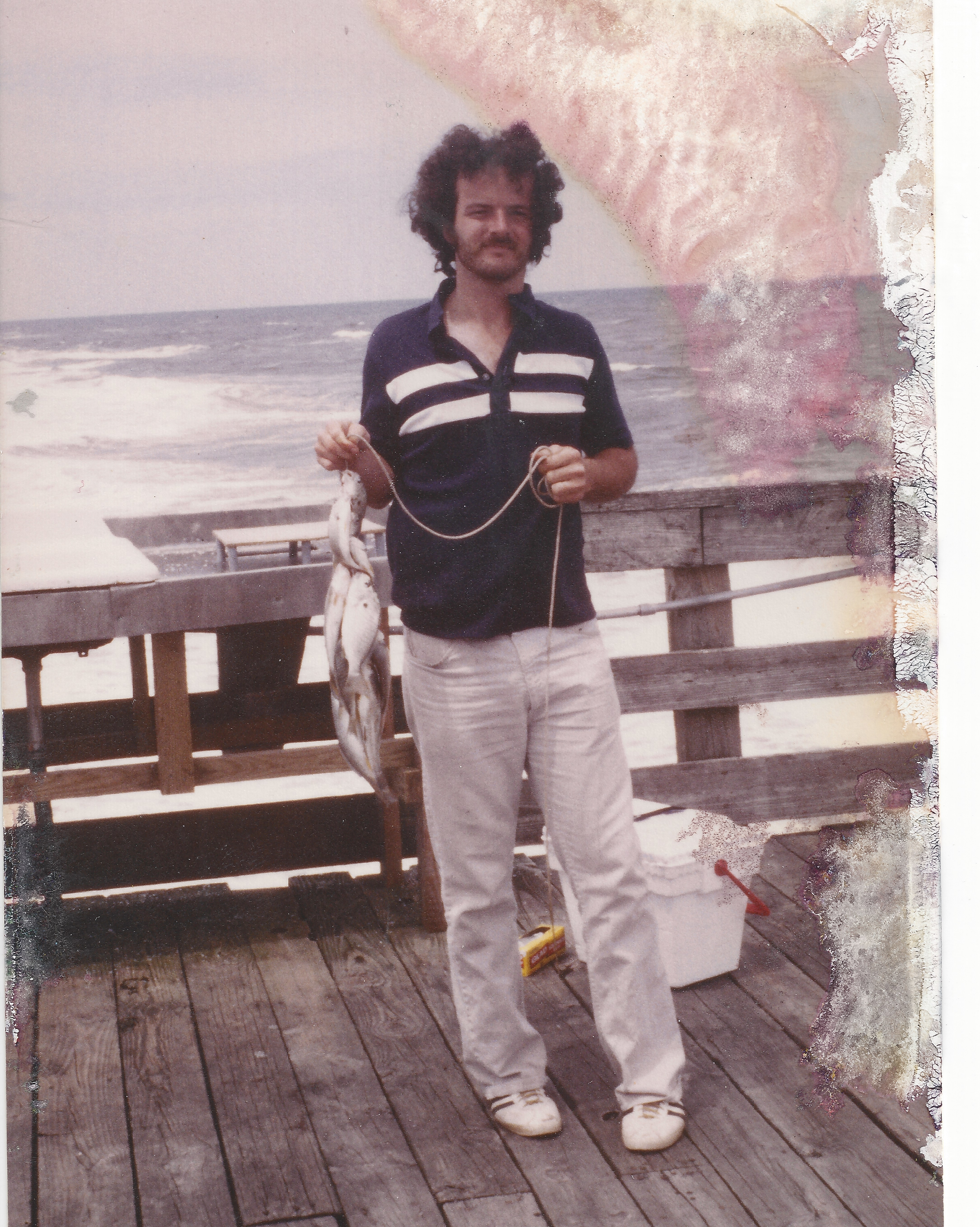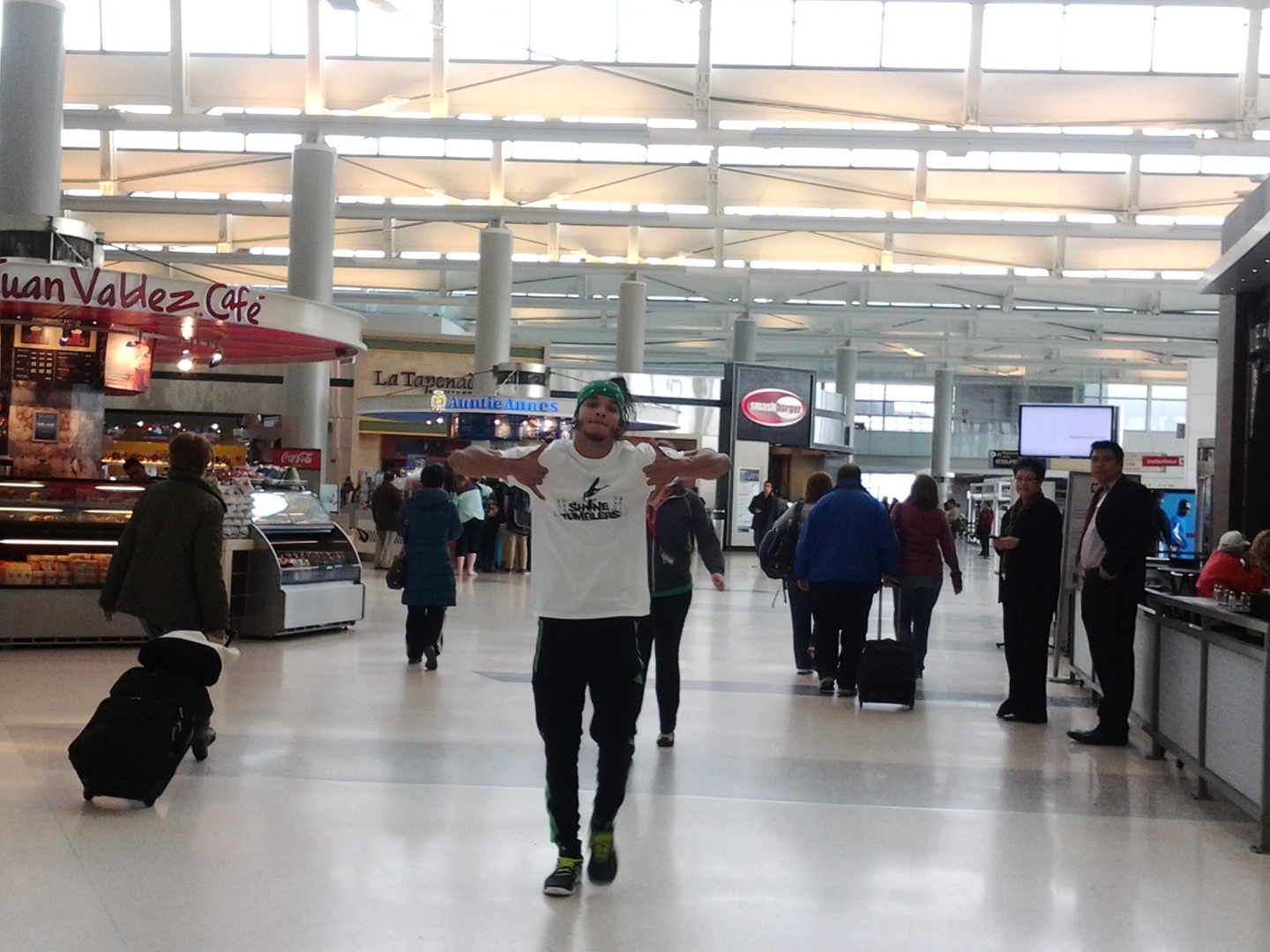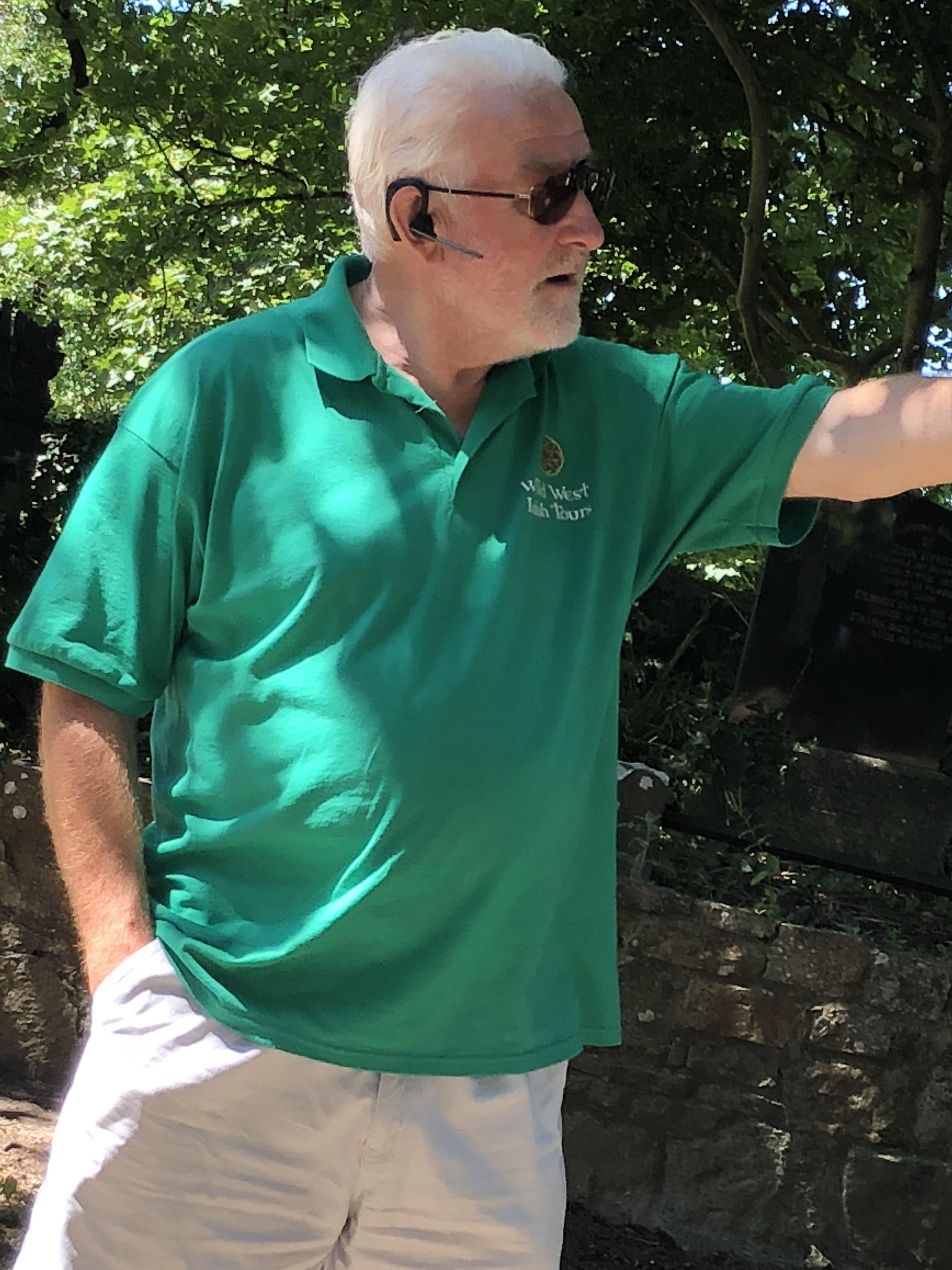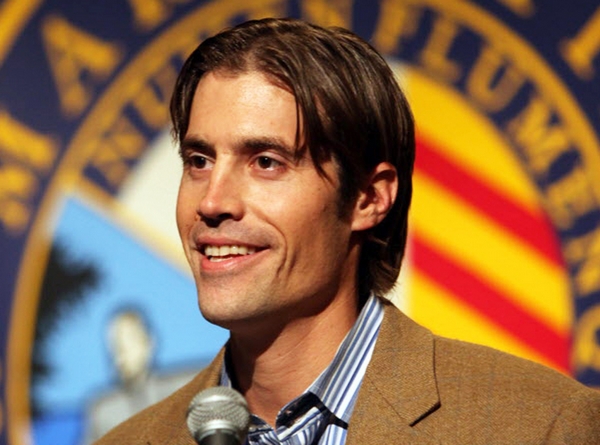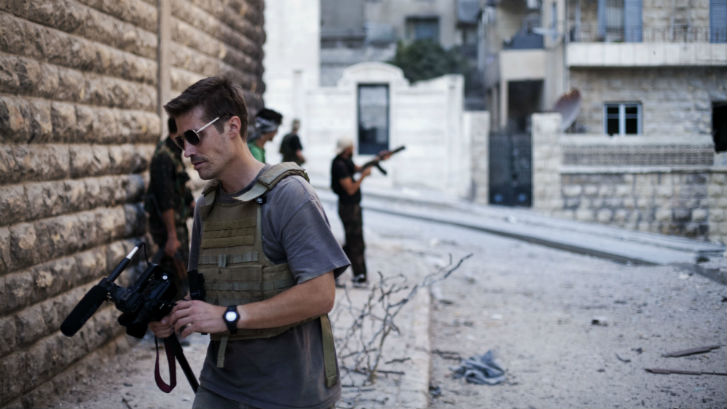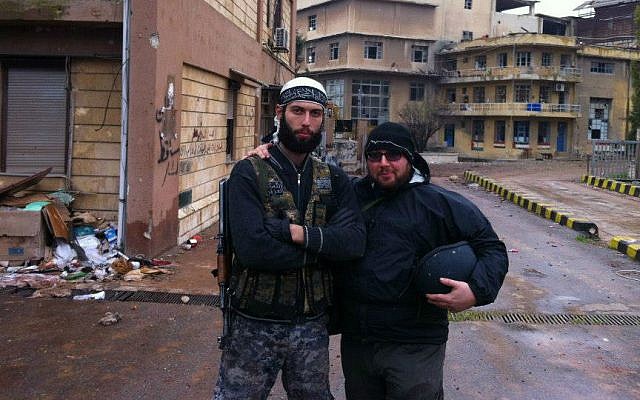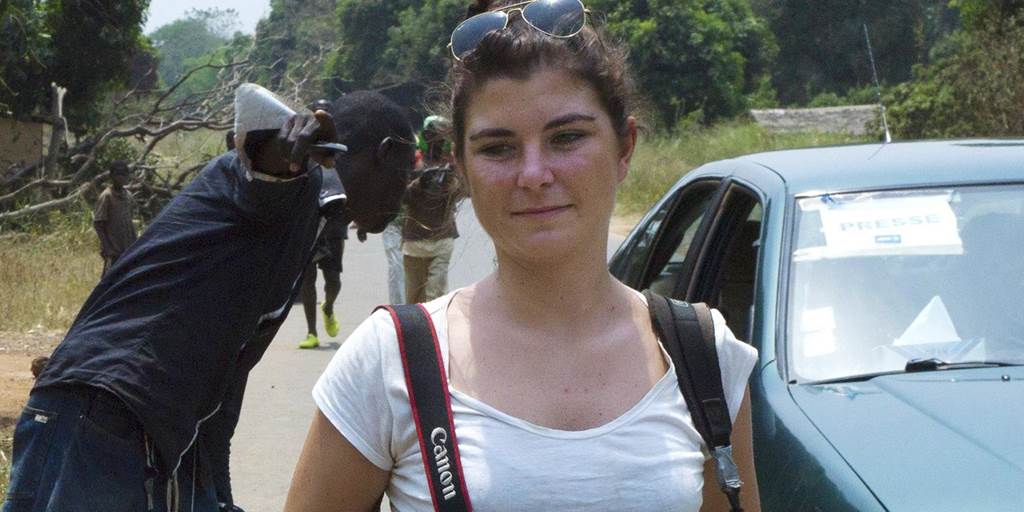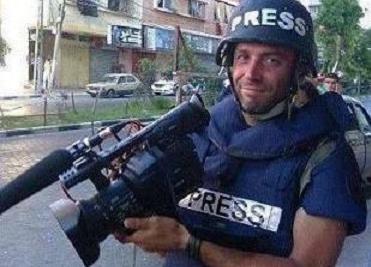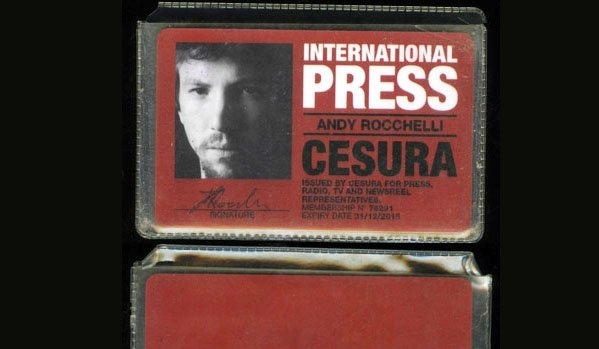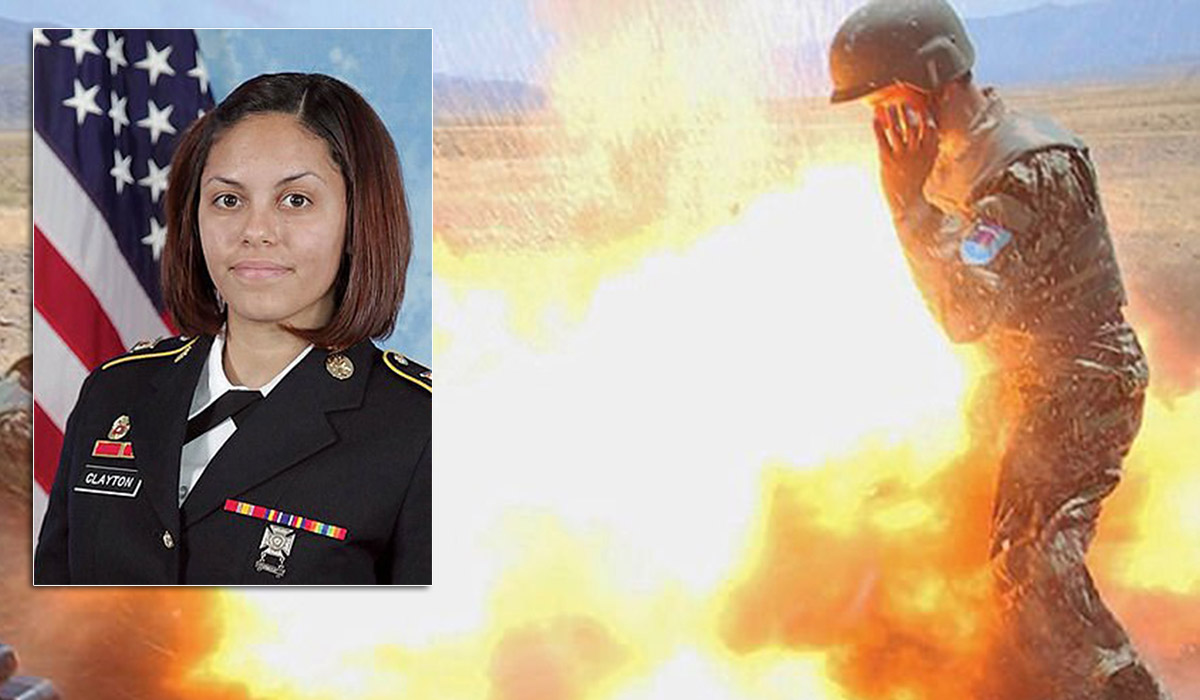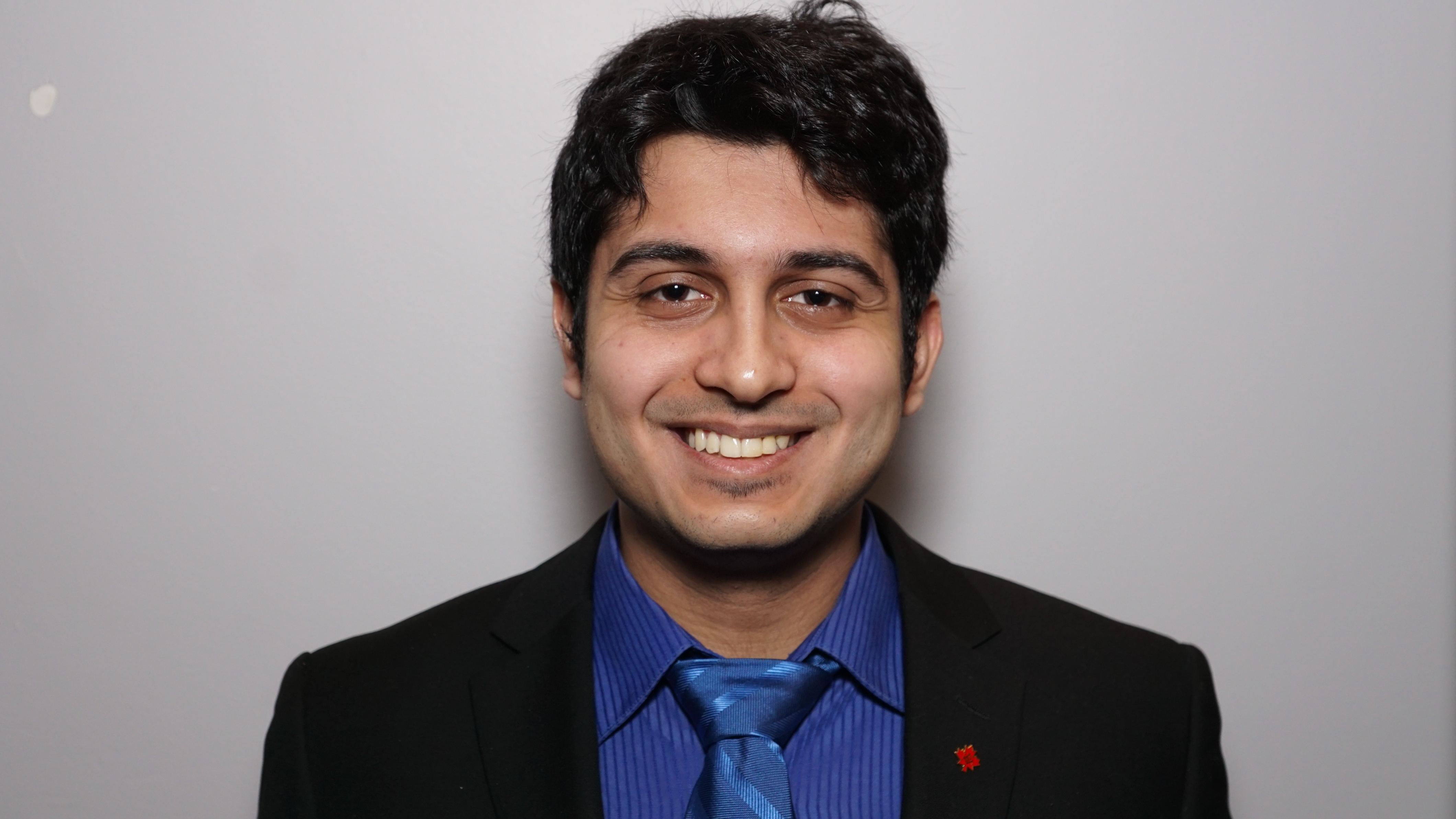Sunshine in a cold, dark room
The familiar alley seems smaller, as if it is closing in on itself, or in possession of a dark secret. Pock-marked ice over the dirt and gravel. Steam pouring out of a basement vent. The loneliness of someone doing laundry at one o’clock in the morning on a Saturday. He enters Jesse’s building. In the dark lobby, a smell of sauerkraut and mold. Pale, rose wallpaper peels off the wall like tree bark. Mildew colors the baseboards. One light bulb shines from a fixture that looks like an ancient Christmas ornament. Flyers folded into the slots of the dented mailboxes lay unclaimed.
Alvin walks the three flights to Jesse’s apartment with the scratched brown door and the imposing brass knocker. He raps on the knocker, and the sound, startlingly loud, echoes in the confined lobby. He has one hope. Oh please let her answer. He is ready to give up when he hears the lock on the other side being unlatched. The door opens. Jesse’s hair, apparently unwashed for days, lays flat along nape of her neck. It still retains the faint odor of her hairspray, one of Jesse’s distinctive scents.
“Hey,” he says.
“What are you doing here?”
What could he say? Alvin had Last seen Jessie six days ago. He had gone to work and returned to his apartment, only to brood in her absence. The first night he had drank half a fifth of rum. Head spinning, He had dropped off into a twilight sleep, only to wake up a little past dawn with a splitting headache. The idea of getting back up in two hours and going to work mortified him, but what else was he to do, mope around in his apartment and obsess over Jesse?
For five more nights he had tried every trick in the book to distract himself. Twice he visited the Barnes and Noble bookstore, Plopping down on one of the store’s signature couches and flipping through books and magazines until closing time. The other night he stayed home and watched TV, willing the time to pass until he could justify going to bed. And finally he had decided that he was going to see Jesse and there was nothing she could do about it.
“ I’m worried about you, “he stammered.
She is wearing a faded and wrinkled kimono with barely distinct traces of what were once colorful birds and dragons. She looks under nourished. Her face is startling to behold, almost aristocratic in its gauntness. Her eyes are big, wet and luminous. They seem to be looking at another world.
“Oh, Alvin,” she sighs, And the unspoken question: “Why are you here?”
Alvin knows that she does not want him, but he desperately needs her. He has no plan to save her or even to console her. He simply needs to be with her.
“Can I come in? “He asks.
suit yourself, “Jesse replies.
A candle burns on her coffee table, wax like cooled lava piled around it. The ammonia scent of an unclean litter box hangs in the air. A radio plays softly — faint, icy jazz with vibraphone, brush drums. Alvin takes in her kitchen, the dented formica breakfast table with the two hand-me-down chairs, And a lone cereal bowl. The door to her bedroom just beyond the kitchen is half open. Her bed is unmade.
Jesse walks past Alvin and slumps into the shapeless chair that has always reminded him of a giant marshmallow.Watching her breasts rise and fall he suddenly feels the maddening desire to protect her dimunitive body, so petite, yet so perfectly formed.
“When was the last time you ate? “Alvin asks her. She shrugs. Jesse has always had fickle eating habits, sometimes craving cheeseburgers and milkshakes, and then unexpectedly only able to tolerate the vegetarian dishes served up by the Blind Faith Cafe.
“Let me fix you a sandwich, “Alvin volunteers.
“I am not hungry, “Jesse says.
What should he do? Insist that she eat? Alvin cannot contemplate arguing with Jesse over eating. He glances at the clock on her wall. 11:20. That can’t be right.
“Are you going to work?” he asks.
“Not the last couple of days. “
“Listen, I am a little winded from trekking up to your apartment. If it’s OK, I will grab a chair and sit down.”
Alvin walks into the kitchen and drags out one of the chairs. He could not figure out how to place it. Should he face her, or sit side-by-side? Finally, he positions the chair so that he is about six feet away, facing her.
Alvin can think of nothing more to say. But he is in her presence and that is what he has been craving. For the past six months, He has patiently waited for her to grow to love him. He had known that about three months ago she has started seeing Kirk again, but he considered his sentiments toward her too refined to accommodate jealousy. However, recently, maybe a couple of weeks ago, Kirk had mysteriously broken her heart, and he has learned in the scope of her suffering that Kirk, and not he, is the man she truly loves.
“I understand I can’t come for you or help you, “he finally says, gambling on wretched honesty, “But I have to be with you anyway, for my own sake. This is selfishness, Jess.”
“Wow,” Jesse mutters.
“I mean, would it be unbearable to you if I just quietly stayed around and didn’t bother you?”
Jesse does nott reply. Alvin begins to wonder if she is deliberately ignoring him. Finally she says, “Alvin, it’s like I’ve told you before. don’t put yourself through this. You have your own life to live. “
“Unfortunately, I have become addicted to you, “he says, trying to smile.
“Well, why don’t you start considering how you might overcome this unfortunate addiction, “she responds.
Alvin notices that an ashtray next to her candle is overflowing with cigarette butts. Two crumpled packs of cigarettes lay beside the ashtray.
“Would you like a smoke?” he asks.
“Sure,” she replies.
Alvin takes his pack of cigarettes out of his pocket, pulls out a cigarette and lights it for her. She draws deeply on it, letting the smoke pillow slowly from her mouth. “That I needed,” she says.
“If you are willing to put up with me I will gladly share my pack. I could buy you more first thing in the morning.”
Jesse takes another deep drag, seeming to consider his proposition. Finally, She says, “If you could leave me one more, I would appreciate that. “
Alvin is moved almost to tears by her beauty and grace, by the poised way she holds her cigarette, by the delicate turn of her nose, by the fine down of her cheeks illuminated by candlelight. Another piece of jazz catches his ear, a cacophony of cymbals, drums and saxophone. Alvin stands. He has been feeling cold. He notices that Jesse’s window is open nearly a foot.
“I’m going to close the window, Jess,” he says.
Jesse takes one last long drag on her cigarette. She lets the butt fall to the floor. Alvin lingers by the window, observing the flurries of fine powdered snow gusting up the wind shaft.
He turns from the window and moves toward Jesse. He rests his hands on her shoulders. He bends and kisses her cheek. Then he cups his hand under her chin and gently tries to turn her face toward him.
“Alvin, please go now,” she says.
“Let me stay a couple minutes longer, “he implores her.
From the corner of his eye he sees movement. Sunshine has entered the room. Black cat, silent, padded feet, Appearing like a ghost. Jumping on top of the radiator, sunshine proceeds to preen herself, pausing momentarily to contemplate Alvin, one paw extended in mid air.
The candle burns out. Silhouetted against the bamboo curtains, Jesse raises er arm like a shadow bird and then the robe falls. She is nude. She guides him to the floor and then unbuckles his belt, He pulls down his pants while she mounts him. She regards him through half-opened eyes, And Alvin realizes that he can no longer control himself.
He climaxes with a shudder and immediately realizes that he has failed Jesse. He continues thrusting, but it is to no avail. She rolls off of him and sits hunched on the floor. Alvin pulls up his pants and lies back on the floor. Next thing he knows he is dreaming. In his dream, he is trying to meet up with Jesse at the nearby Starbucks. But he can’t figure out where it is. At one point he sees throngs of people moving purposefully, as if they are exiting a subway train. He next find himself in a swank department store trying to get directions to the Starbucks, but to no avail. He feels like he is having a panic attack.When he awakens, a ahaft of sunlight is streaming through Jesse’s window. He realizes that Jesse has gone to bed and closed her bedroom door.
It wasn’t so much that Jesse lied to him about her affair with Kirk. It was that she withheld pertinent details. She did not mention that Kirk works as a barista at Starbucks. She did not mention that after talking to Alvin on the phone she would visit Kirk, sitting at a back table and sipping coffee. (Alvin rarely hung out with her on weeknights because he got up early to go to work.) She did not mention that after the shop closed she would go home with Kirk and sometimes spend the night with him. But then Kirk had broken up with her. He was tall, thin, and blonde, with a trace of a goatee, and he had effortlessly swept her off her feet. When he grew bored with her, he broke it off.
Alvin hears a soft meow. Sunshine is sitting about 3 feet away regarding him with a level gaze.
“Hey cat,” he says.
Sunshine rises, sidles over to him and jumps on the chair beside him. She rubs her head against Alvin’s leg as he scratches between her ears.
“Are we friends now?” Alvin asks softly. Sunshine begins purring. Alvin has no idea what the day will bring. All he knows is that it will not go well. He relaxes, feeling uncharacteristically content. Sunshine certainly will not be going anywhere soon.



